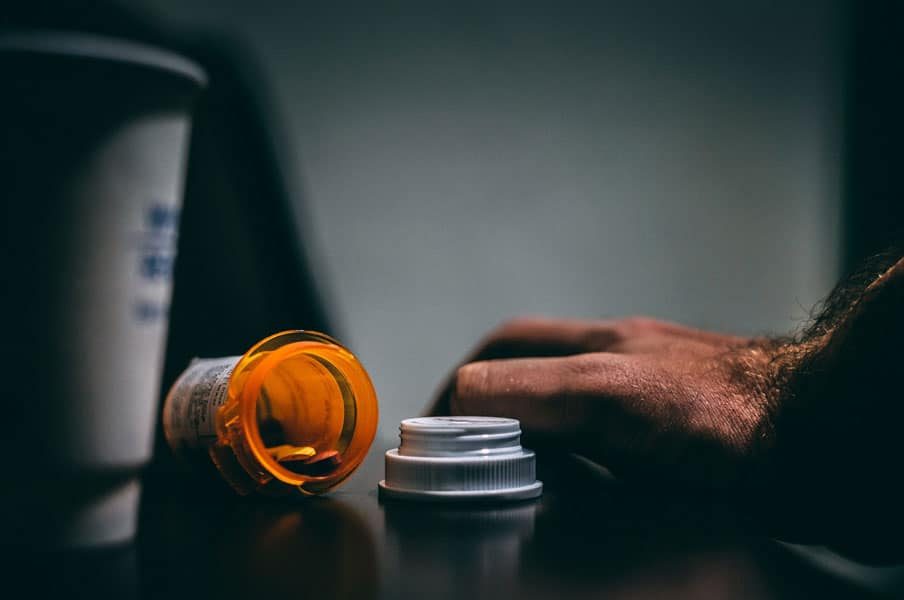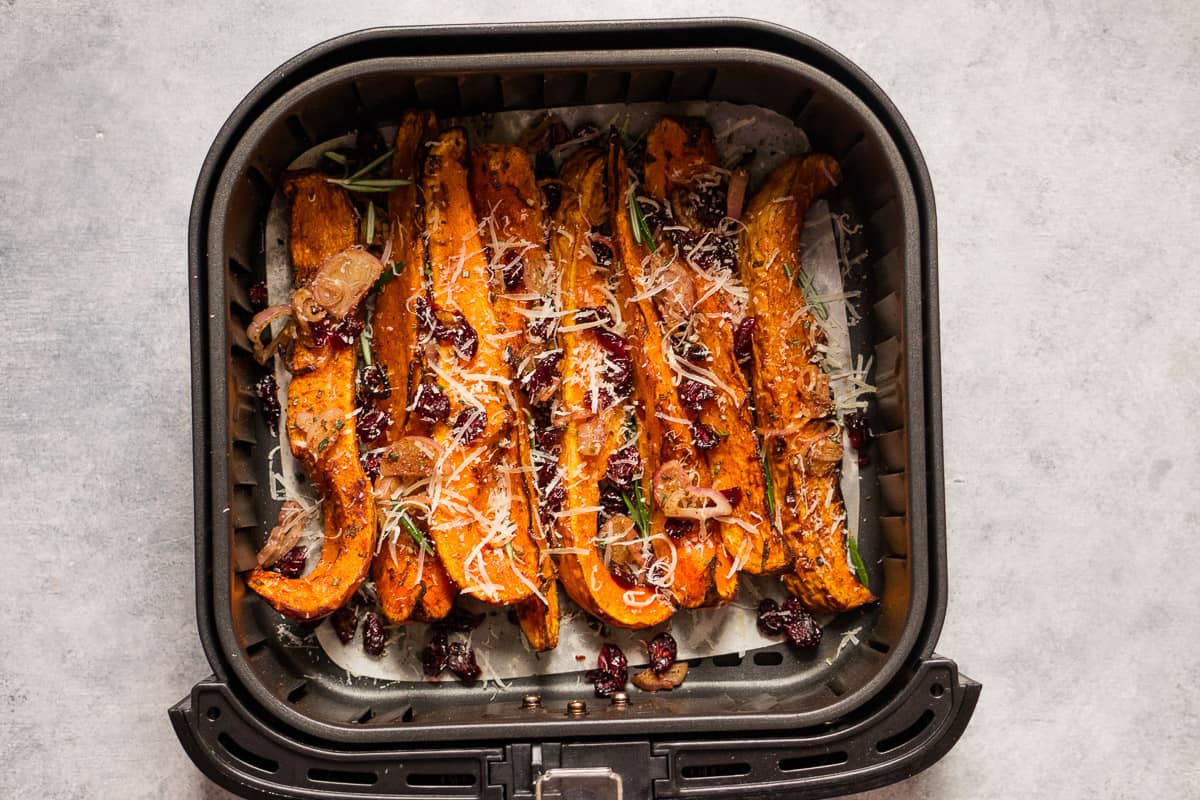According to a new book from Scott Higham and Sari Horwitz, more than an estimated 107,000 people overdosed on opioids in 2021 in the United States alone.
American Cartel explores the opioid crisis across America, comparing the US pharmaceutical industry to a drug cartel. While viewers of shows like Breaking Bad will have seen the levels of drug operations from the cooks, to the cartel, and the street dealers – Higham and Horwitz compare those three tiers to the manufacturers, wholesalers, and pharmacies in America.
Despite the opioid problem across the country, Higham reveals that big-name companies were in cahoots with each other behind closed doors, even working with lobbyists and lawyers to forge legislation that would help and protect their cause.
He said: “Most people think it’s the political parties that run the show or it’s the White House that runs the show, but it really is the companies that run the show. People were dying by the thousands while these companies were lobbying members of Congress … to pass legislation and to lobby members of the Department of Justice and try to slow down the DEA enforcement efforts.”
In American Cartel, it is claimed that these companies pushed through legislation to make it harder for the DEA to shut down drug wholesalers. As such, in the eight years between 2006 and 2014, more than 100 billion pills were pumped into the American market – in what was a peak time for the US opioid epidemic. The moves made by these companies are said to have handcuffed the DEA and federal agents, which was a cause of much frustration during the war on drugs.
Higham continued: “If you talk to them, they’ll tell you that this didn’t need to happen. The guardrails were in place to prevent an opioid epidemic. And those guardrails were removed by the drug industry, by its lobbyists, by its allies in Congress and its allies in the Justice Department.”
He even revealed that one unnamed DEA agent told him: ‘We didn’t get defeated by the drug cartels. We got defeated by the K Street cartel.’
The book explains that the DEA tackled the pharmaceutical industry just as it would a drug cartel case, starting at the lower levels and following the corruption up the chain. Unfortunately, what they found was a database full of doctors willing to illegally write false prescriptions in exchange for money or sexual favours. However, every time they arrested one such doctor, another would pop up in their place, so they moved on to the so-called ‘pill mills’, which were criminal fronts for the opioid dealers. Unfortunately, once again, for everyone they tirelessly fought to shut down, another five or ten would emerge from the dust.
Eventually, after the likes of lawyer Paul Farrell challenged pharmaceutical companies in the American court system, Johnson & Johnson and the three largest distributors were forced to settle for $26 billion. Despite this, share prices in all of these companies increased by 3% even on the day of the settlement announcement. And while the opioid epidemic has reduced in recent years, that may only be down to the shift to a cheaper and easier product, fentanyl.
Like what we have to say? Sign up to subscribe to email alerts and you’ll never miss a post.










